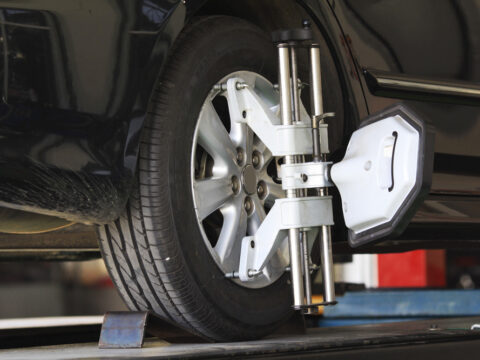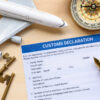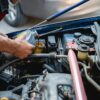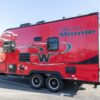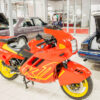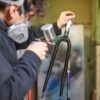Towing a trailer can be a challenging task, and common mistakes can lead to costly damage to both your vehicle and the trailer. Overloading the trailer, using incorrect hitch setups, or failing to balance the load properly can put strain on your vehicle’s suspension, brakes, and transmission. Neglecting regular checks of the tires, brakes, and lights on both the vehicle and trailer can also lead to accidents or breakdowns. Avoiding these errors will help keep your towing experience smooth and prevent expensive repairs.
Contents
Exceeding Towing Capacity
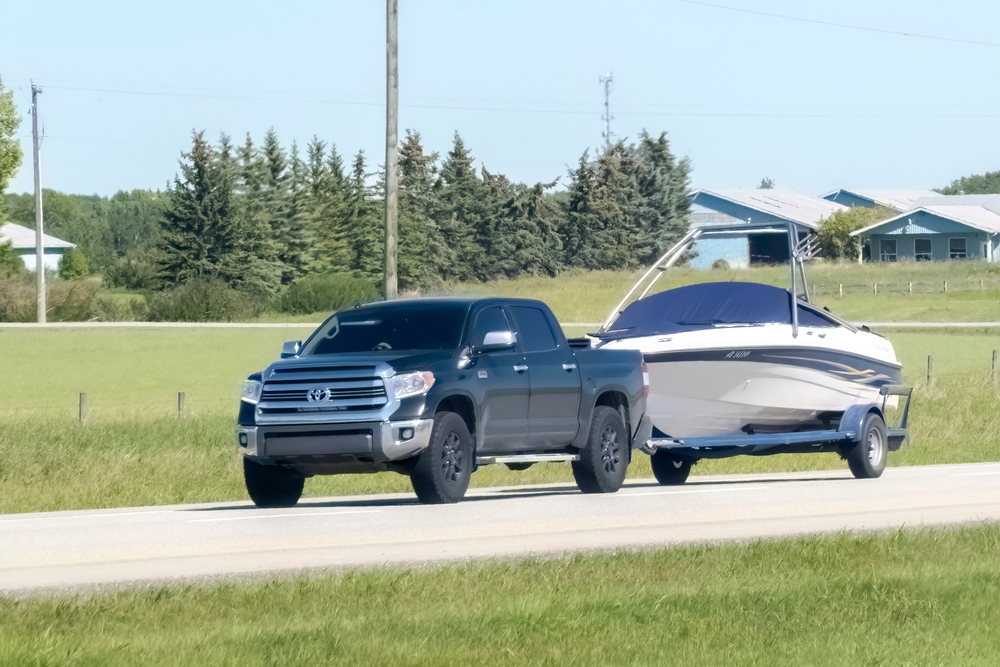
Exceeding your vehicle’s towing capacity is one of the most common and serious towing mistakes. Every vehicle has a maximum weight it can safely tow, and surpassing this limit puts immense strain on the engine, transmission, brakes, and suspension. This can lead to engine overheating, brake failure, and potential suspension damage. Over time, towing more than the recommended weight can even warp the vehicle’s frame. Always consult the vehicle’s manual to determine the towing capacity, and ensure that both the trailer and its cargo are within this limit.
Improper Weight Distribution
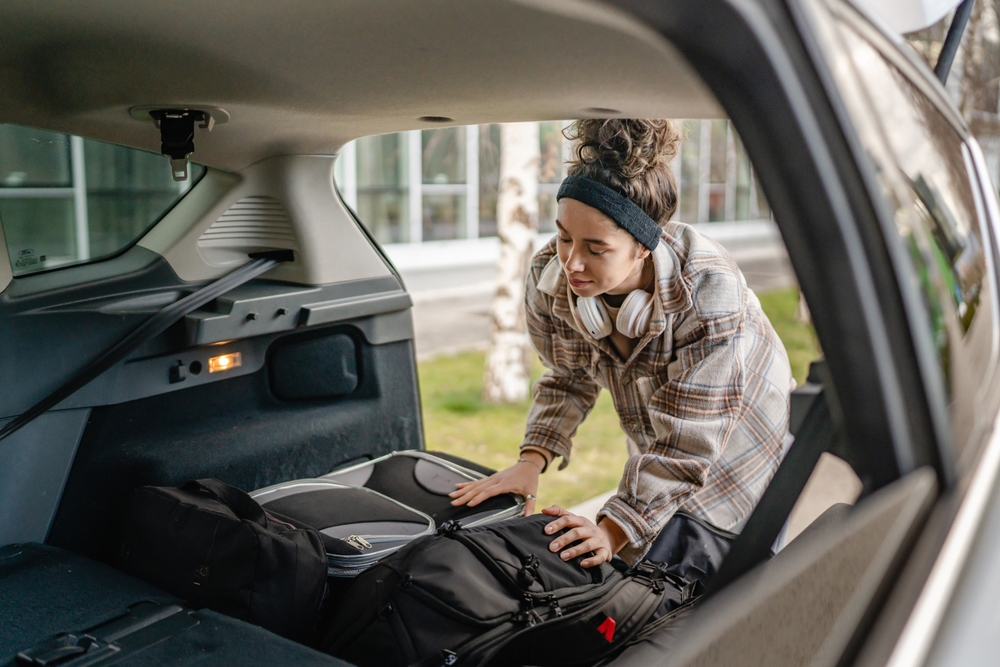
Failing to distribute weight evenly across the trailer can lead to dangerous swaying, loss of control, and damage to both the vehicle and the trailer. If too much weight is placed on one side, it can cause uneven tire wear, strain on the suspension, and difficulty steering. The trailer could also tip or sway excessively on the road, creating a hazardous situation. Use a weight distribution hitch and load the trailer so that the weight is evenly spread, with about 10-15% of the total weight resting on the hitch.
Incorrect Tongue Weight
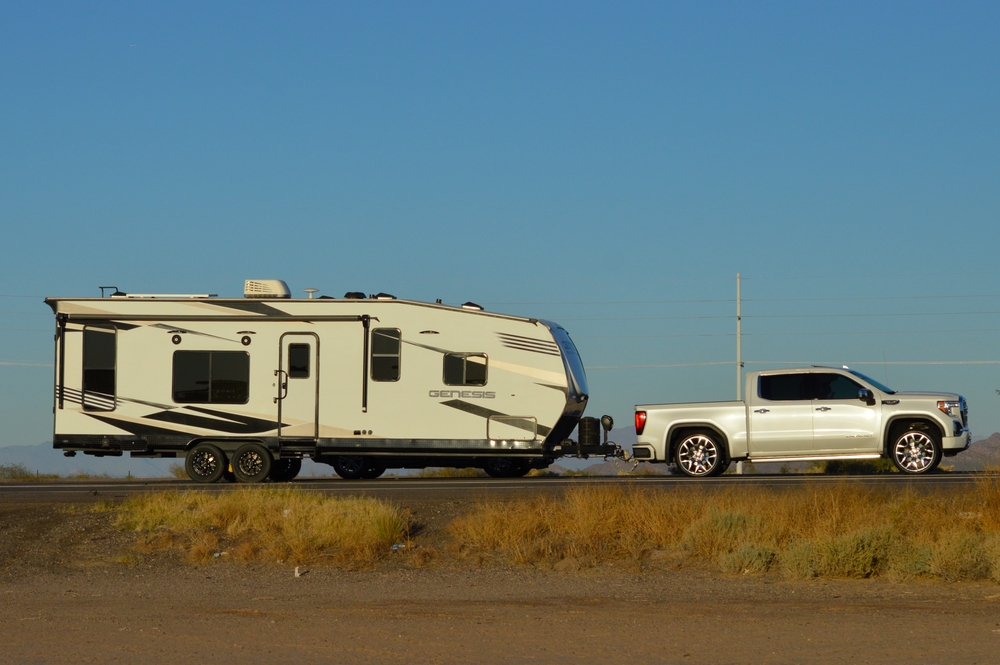
Tongue weight refers to the downward force exerted by the trailer on the hitch. If the tongue weight is too low, the trailer can sway uncontrollably, while too much tongue weight can lift the front wheels of the towing vehicle, reducing steering control and braking efficiency. This imbalance can lead to trailer fishtailing and cause severe damage to the vehicle’s suspension, tires, and brakes. To avoid this, use a tongue weight scale to ensure the trailer’s tongue weight falls within the manufacturer’s recommended range, typically 10-15% of the trailer’s total weight.
Using the Wrong Hitch
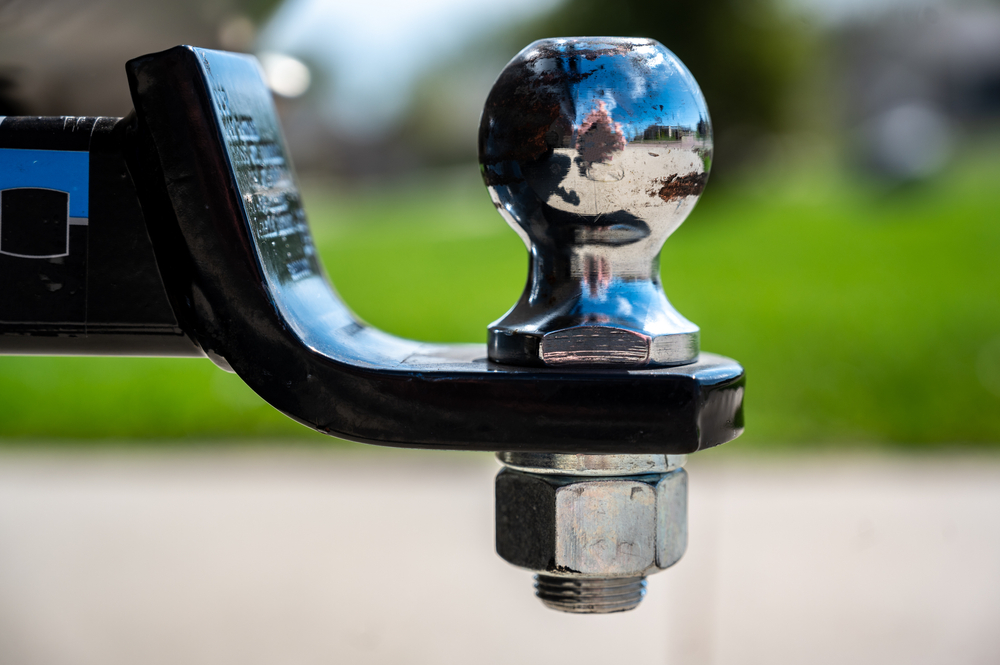
Using a hitch that isn’t rated for the weight of your trailer can lead to catastrophic failure. An undersized hitch can break under the strain, causing the trailer to detach from the vehicle and leading to damage to both the trailer and the towing vehicle. It also increases the risk of an accident. Always check that your hitch is rated for the appropriate towing capacity and that it is compatible with your trailer. Consider using a heavy-duty hitch if you’re towing near the upper limits of your vehicle’s capacity.
Not Using Trailer Brakes
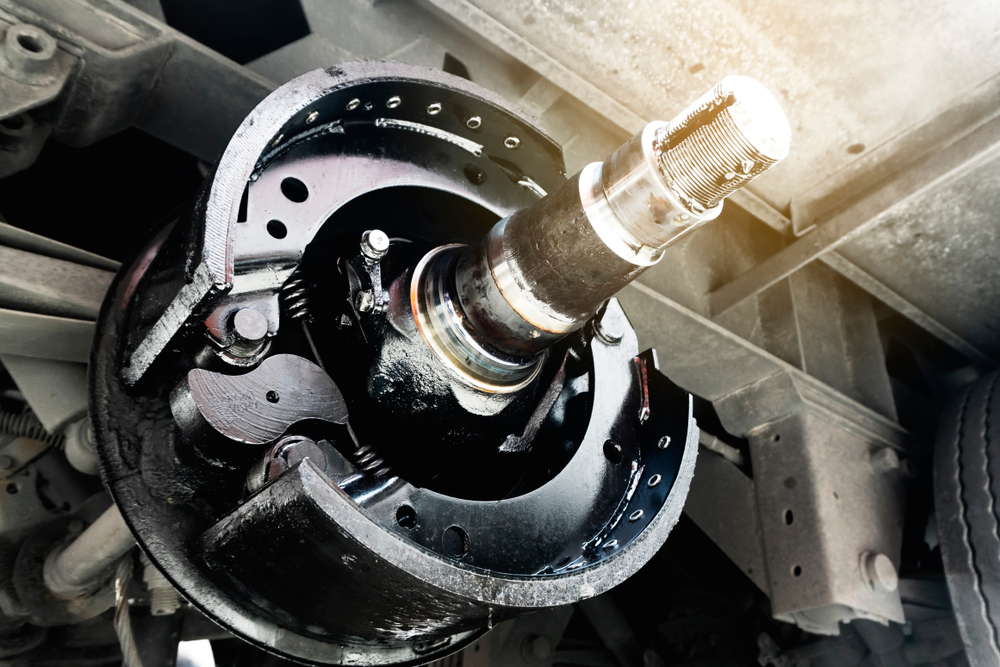
Towing a heavy load without trailer brakes puts immense strain on your vehicle’s braking system, leading to brake overheating, premature wear, and even brake failure. In many areas, trailers over a certain weight are required by law to have their own braking system. Without them, the vehicle must handle all the braking force, which can also reduce control and increase stopping distances. Install and regularly maintain trailer brakes to ensure safe towing, especially with heavy loads.
Towing Without Mirrors
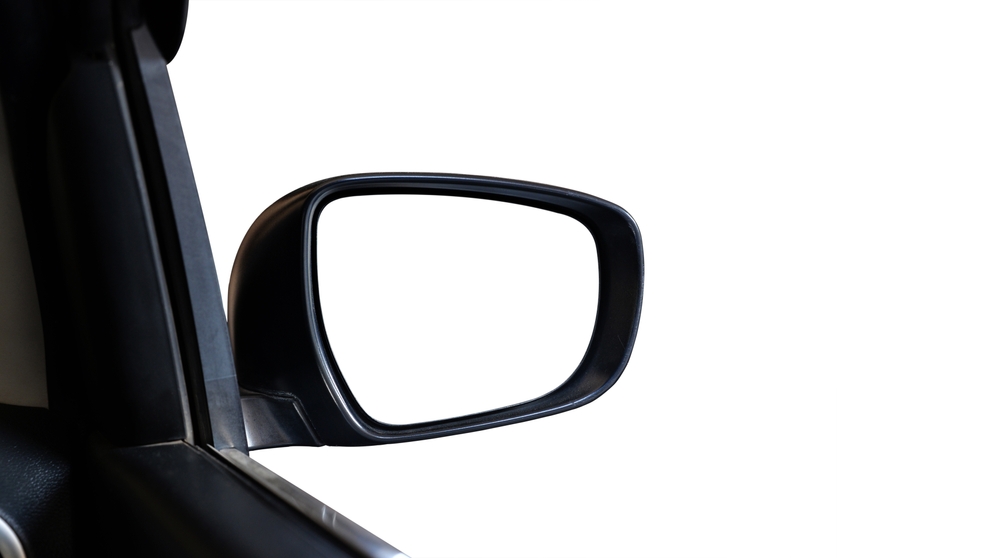
Towing without properly extended side mirrors reduces visibility, making it difficult to see vehicles or obstacles alongside or behind the trailer. This limited visibility can lead to accidents and cause damage to both the trailer and the towing vehicle. Many states require towing mirrors by law if the trailer blocks your rearview. Ensure you have wide-angle or towing mirrors installed to give you a clear view of the trailer and the lanes next to it.
Improper Trailer Connection
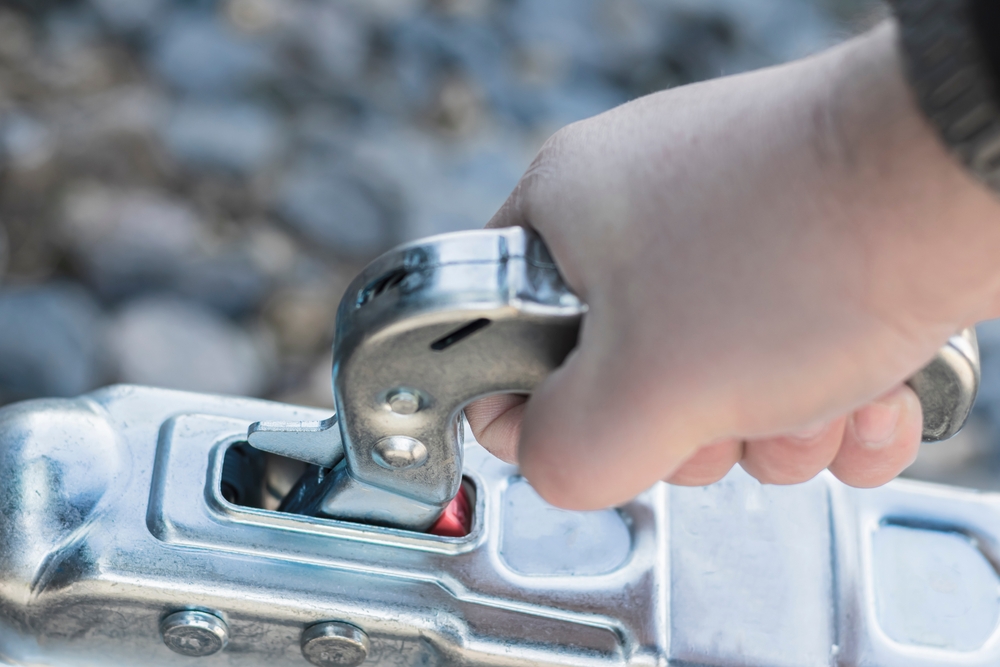
Failing to properly connect the trailer to the tow vehicle, such as not securing the hitch or failing to attach safety chains, can cause the trailer to detach while driving. This can result in a total loss of control, leading to accidents and severe damage to both the vehicle and the trailer. Always double-check that the hitch is properly latched, the safety chains are connected in a crisscross pattern, and the electrical wiring for lights and brakes is securely fastened before hitting the road.
Driving Too Fast

Driving too fast while towing increases the risk of trailer sway, reduces your ability to stop quickly, and can strain the towing vehicle’s engine and transmission. High speeds make it harder to control the trailer, particularly during sudden maneuvers or in windy conditions. This can lead to loss of control and damage to both the vehicle and the trailer. Stick to a safe towing speed, usually no more than 55-65 mph, depending on local regulations, and always leave extra space between your vehicle and the one in front of you.
Braking Too Hard
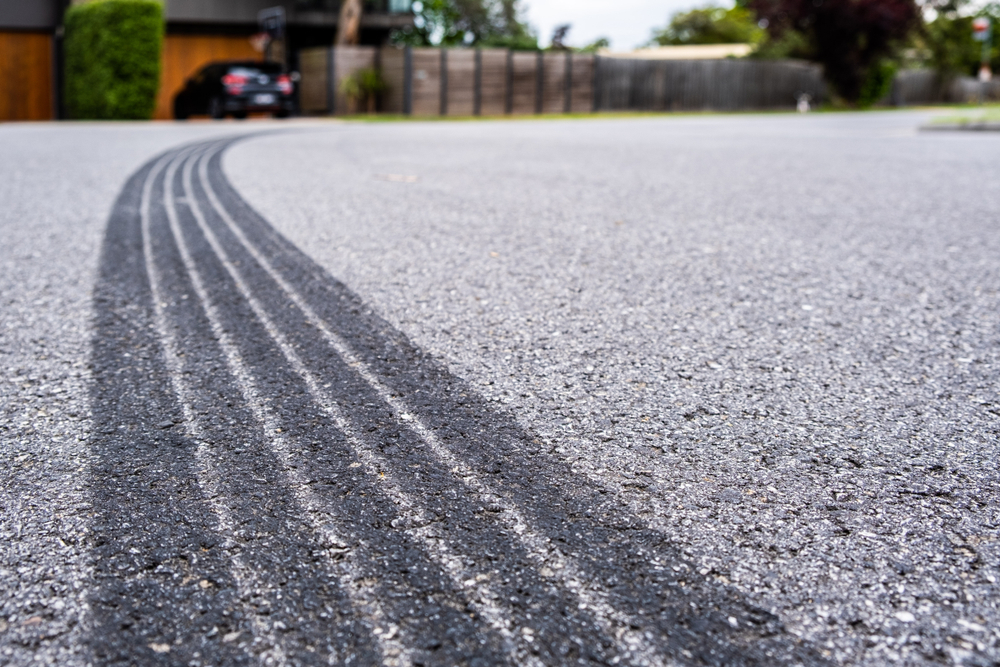
Sudden or hard braking while towing can cause the trailer to jackknife or fishtail, leading to damage to both the vehicle and the trailer. Heavy braking also puts extra pressure on the vehicle’s brake system, leading to premature wear or brake failure. To avoid this, brake gently and allow extra distance for stopping. Install a brake controller for your trailer brakes to synchronize the braking power between the trailer and the towing vehicle, reducing strain and improving safety.
Ignoring Tire Pressure
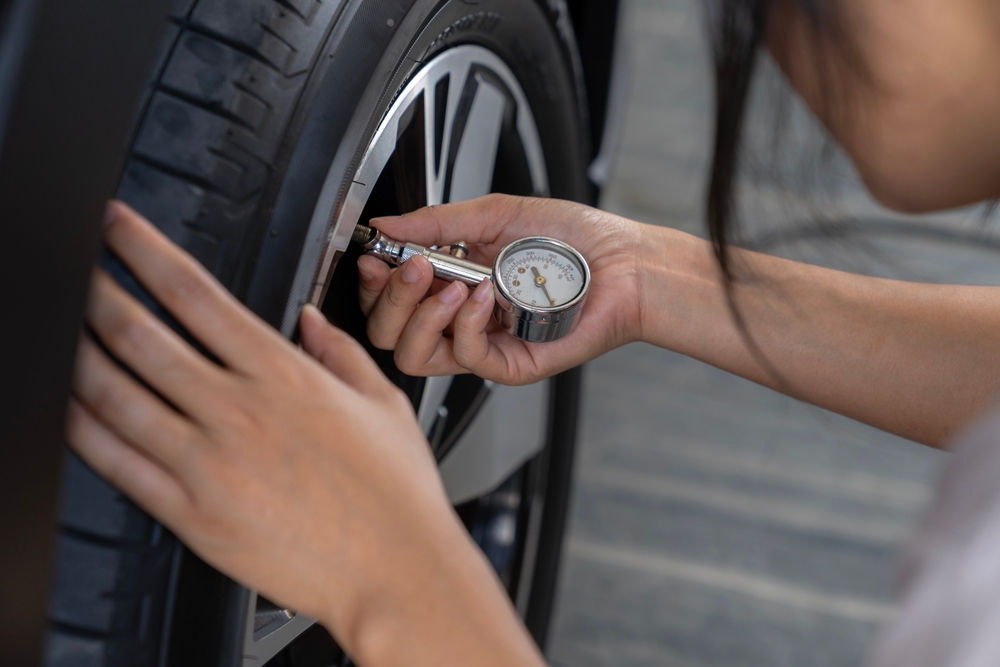
Both the vehicle’s and trailer’s tires must be inflated to the correct pressure before towing. Underinflated tires can lead to blowouts, poor fuel economy, and excessive heat buildup, causing damage to the tires, suspension, and axles. Overinflated tires, on the other hand, can reduce traction and cause uneven wear. Regularly check tire pressure before towing and adjust it to the manufacturer’s recommended levels to avoid damaging your vehicle or trailer.
Not Using a Weight Distribution Hitch
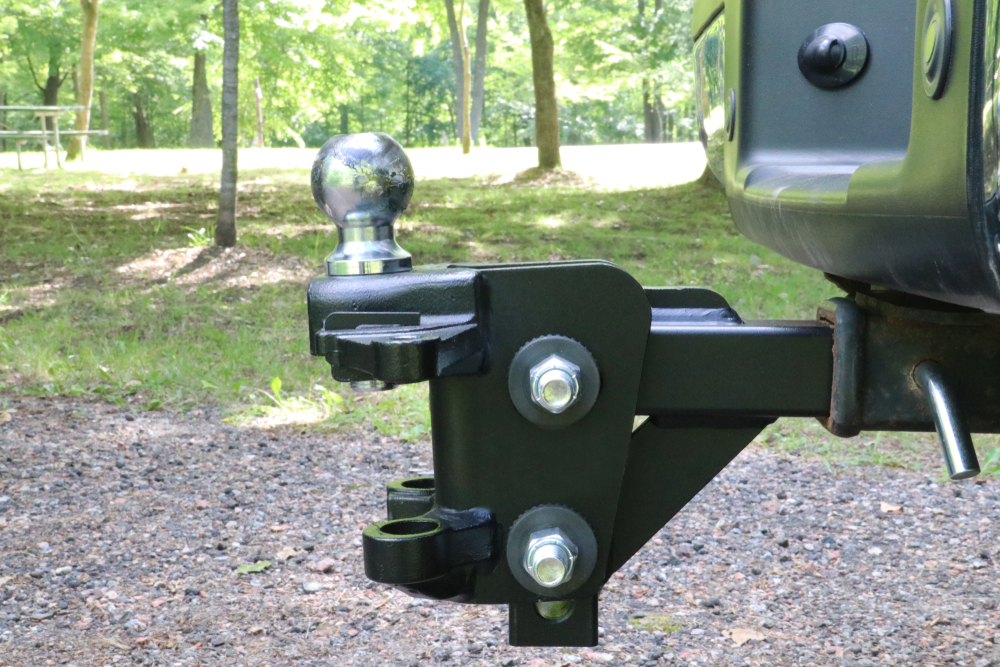
When towing heavy loads, especially with a bumper-pull trailer, not using a weight distribution hitch can lead to excessive sagging of the rear of the vehicle and poor handling. This places undue stress on the vehicle’s rear suspension and reduces front-wheel traction, making steering and braking more difficult. Over time, this can lead to damage to the suspension and tires. A weight distribution hitch redistributes the weight evenly across all wheels, improving stability and control.
Not Securing the Load Properly
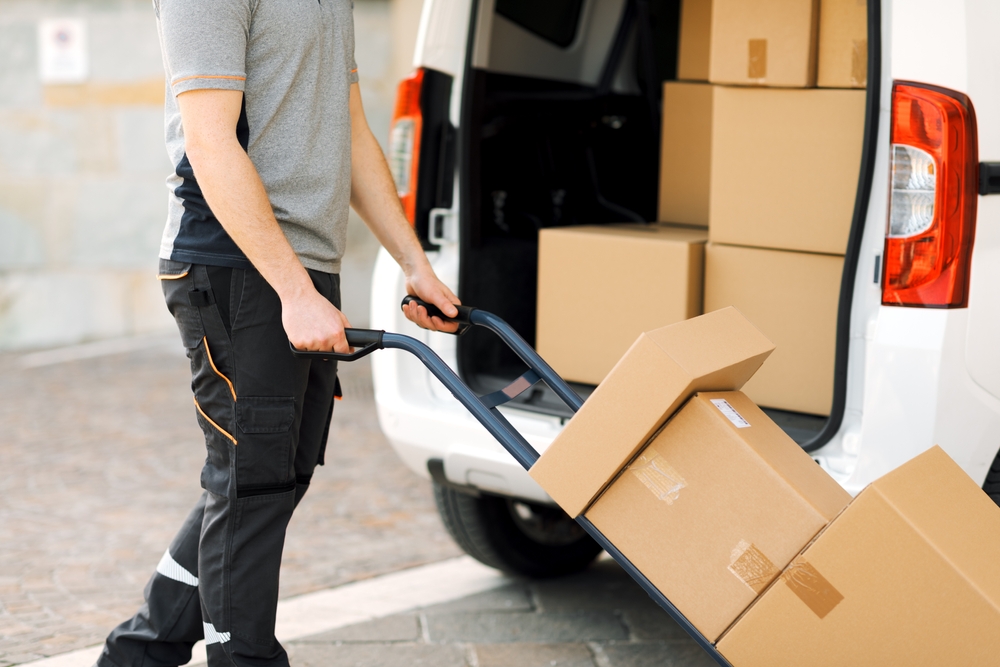
A poorly secured load in the trailer can shift while driving, causing the trailer to become unbalanced. This imbalance increases the risk of trailer sway, puts stress on the vehicle’s suspension, and can lead to dangerous rollovers. Secure your cargo with strong tie-downs and evenly distribute the load. Ensure that all items are tightly strapped down and check them periodically during long trips to prevent shifting.
Towing in Overdrive
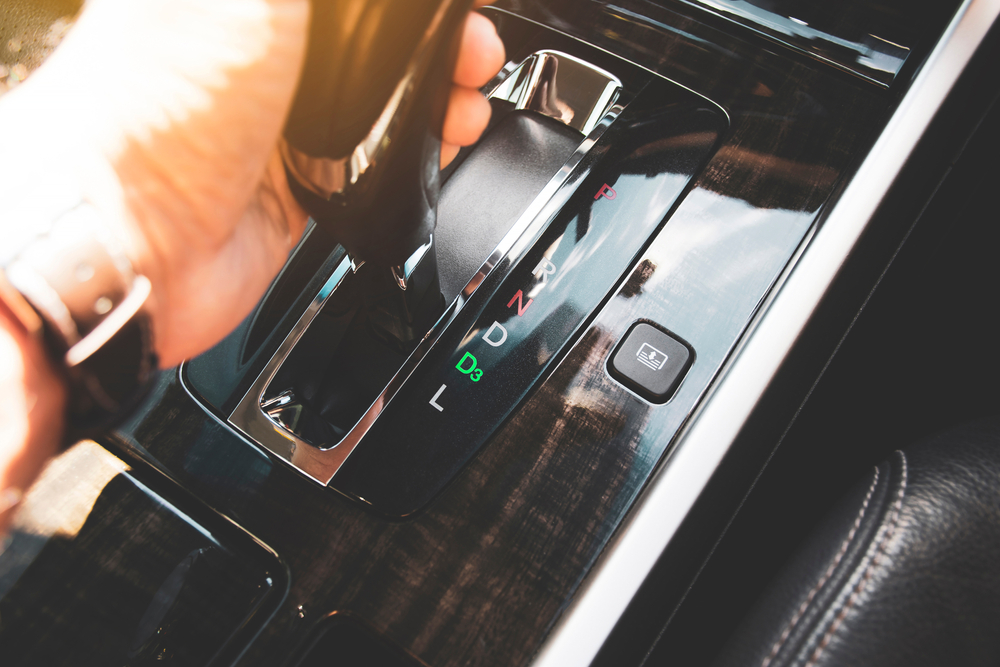
Using overdrive while towing, especially on hilly terrain, can put excessive strain on the transmission. Overdrive gears are designed for fuel efficiency, not for towing heavy loads. Towing in overdrive can cause the transmission to overheat and fail prematurely. Instead, shift to a lower gear or use a “tow/haul” mode if your vehicle has one. This will keep the engine RPMs higher and prevent the transmission from constantly shifting between gears.
Neglecting Trailer Maintenance
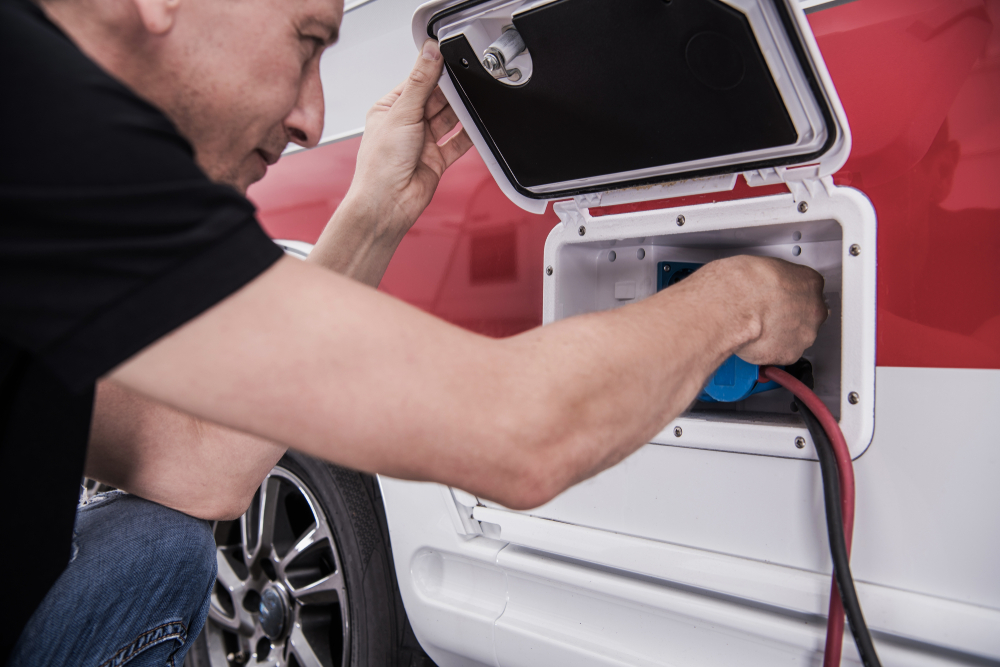
Ignoring regular maintenance on your trailer, such as failing to inspect and grease wheel bearings, checking tire tread, or maintaining the braking system, can lead to serious issues while towing. A trailer breakdown can cause significant damage to both the trailer and the towing vehicle. Regularly inspect your trailer for signs of wear, replace worn components, and perform necessary maintenance to ensure safe and efficient towing.
Forgetting to Adjust Suspension or Airbags
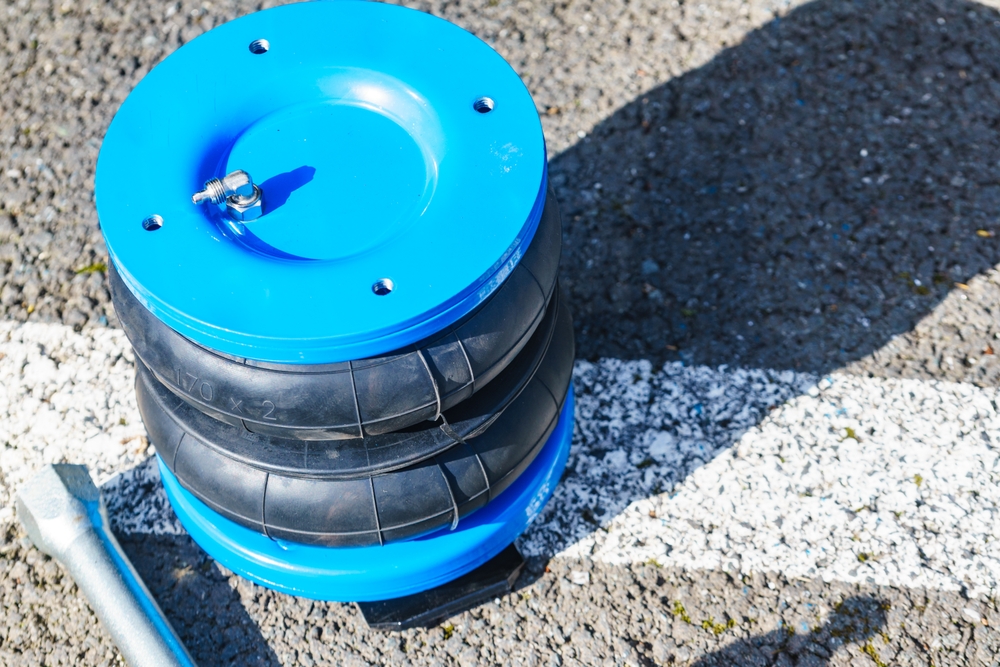
Not adjusting the vehicle’s suspension or airbags when towing heavy loads can lead to sagging, reduced ground clearance, and uneven weight distribution. This increases wear on the rear suspension and tires, making the vehicle harder to control. If your vehicle is equipped with adjustable suspension or airbags, ensure they are set correctly for the load you’re towing to maintain balance and avoid damage.
Neglecting Transmission Cooling
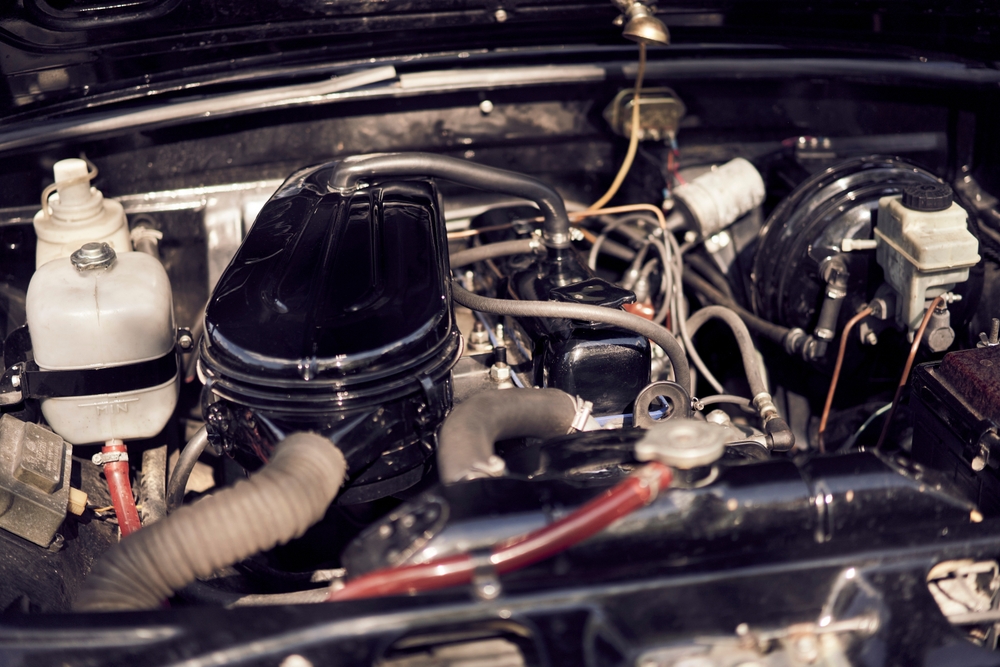
Towing puts additional stress on your vehicle’s transmission, especially in hot weather or when hauling heavy loads. Without a proper transmission cooler, the heat generated can cause the transmission fluid to break down, leading to overheating and eventual transmission failure. Install a transmission cooler if your vehicle doesn’t already have one, and always check transmission fluid levels before towing.
Not Using Trailer Lights
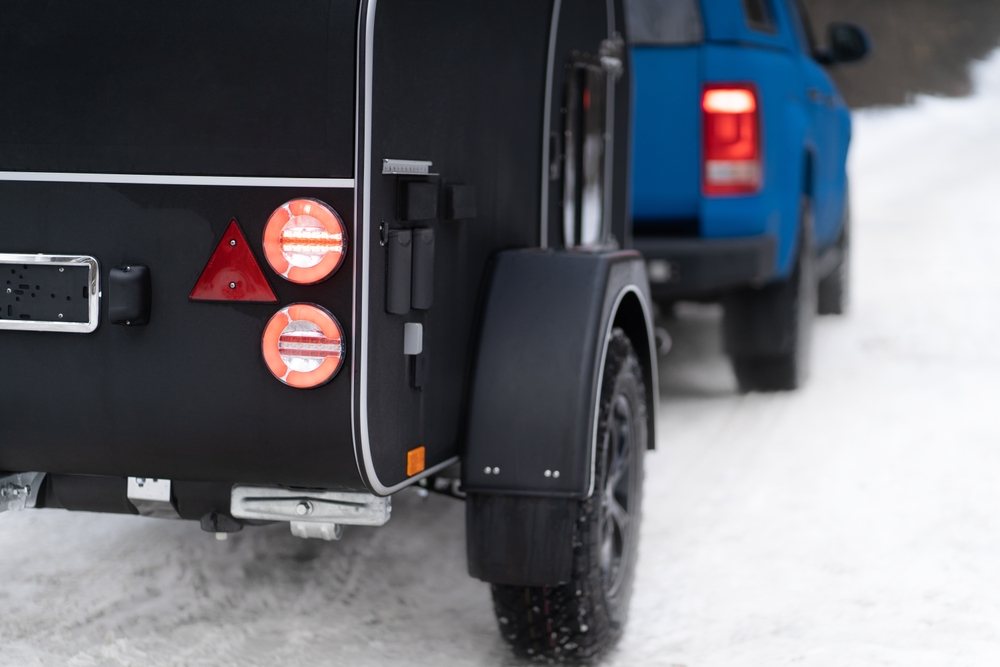
Driving without functional trailer lights is not only illegal but dangerous. If your trailer’s brake lights, turn signals, or running lights are not working, other drivers may not see your intentions, leading to accidents. These accidents can cause damage to both the trailer and the towing vehicle. Always test the trailer lights before each trip and repair any broken connections or bulbs immediately.
Ignoring Wind Conditions

Driving in windy conditions can cause a trailer to sway uncontrollably, putting strain on the hitch and suspension of the towing vehicle. High winds can also push the trailer off course, increasing the risk of accidents. If possible, avoid towing in high wind conditions. If you must drive in the wind, slow down and maintain a firm grip on the steering wheel. Install anti-sway bars to improve trailer stability in windy conditions.
Forgetting to Engage the Tow/Haul Mode
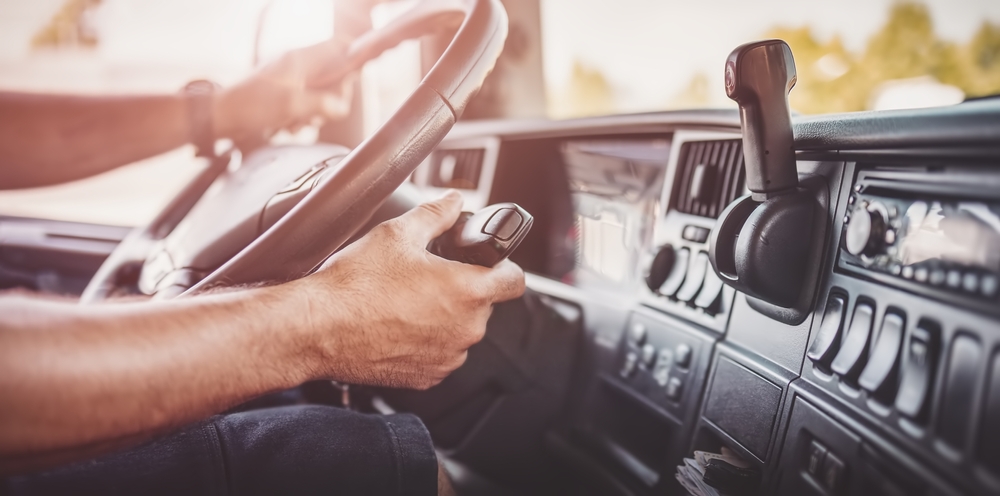
Many modern vehicles have a tow/haul mode designed to adjust transmission shifting patterns, reduce strain on the engine, and improve braking. Forgetting to engage this mode when towing can lead to excessive gear shifting, overheating, and reduced fuel efficiency. Always engage tow/haul mode when towing, especially in hilly or challenging terrain, to protect your vehicle’s transmission and ensure a smoother ride.
Not Having Proper Insurance Coverage
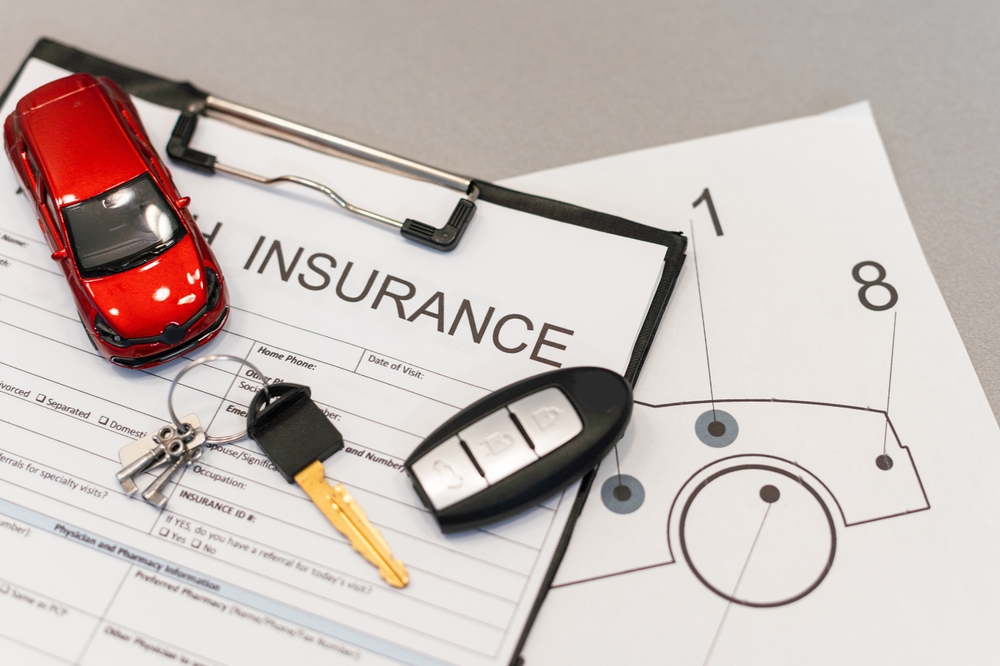
Failing to ensure that both your vehicle and trailer are properly insured for towing can lead to significant financial loss if an accident occurs. Regular vehicle insurance may not cover towing accidents or damage to the trailer. Always check with your insurance provider to ensure you have adequate coverage for towing, including liability and collision insurance for the trailer. Consider adding towing-specific coverage to your policy for additional peace of mind.
This article originally appeared on MyCarMakesNoise.
More from MyCarMakesNoise
Top 20 Longest-Range Electric Cars Available Now
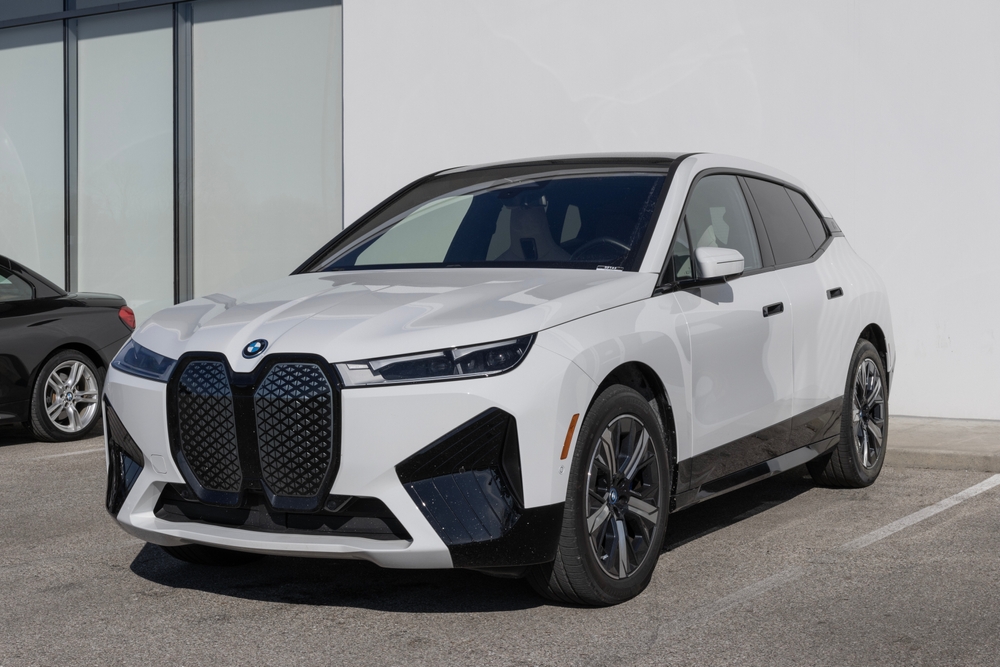
In the rapidly evolving world of electric vehicles (EVs), range remains one of the most crucial factors for potential buyers. As technology advances, today’s EVs offer impressive mileage on a single charge, making them practical for daily commutes and long-distance travel alike. Read More.
17 Most Iconic and Stylish Vintage Cars
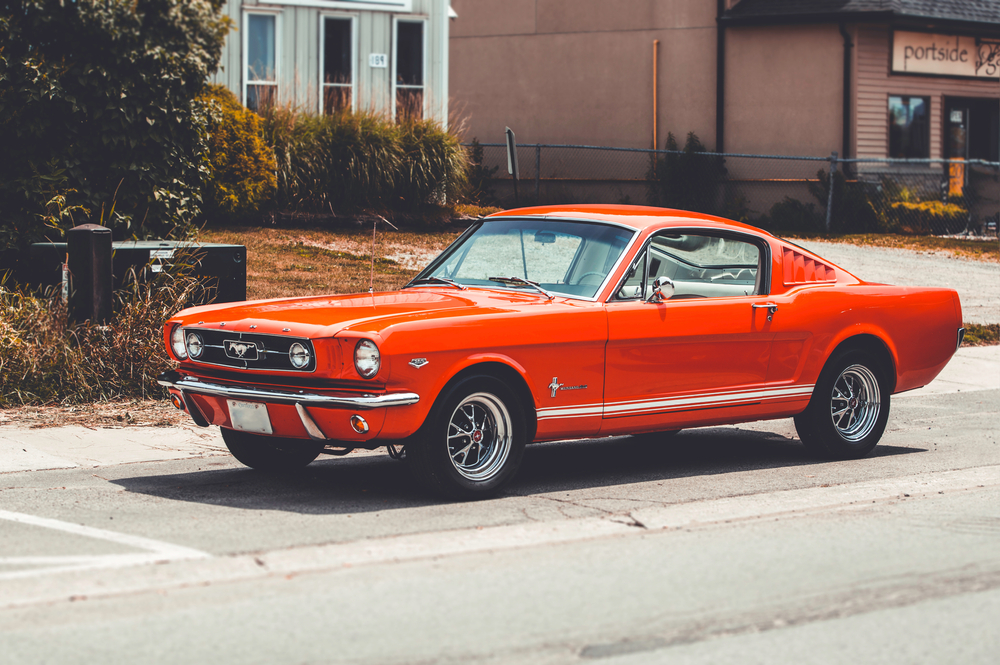
Vintage cars hold a special place in automotive history, representing the pinnacle of design and engineering from past eras. We’ll explore 17 of the most iconic and stylish vintage cars that have left an indelible mark on car culture. Read More.
16 Key Milestones in the Evolution of Tanks

Tanks have played a crucial role in shaping modern warfare, evolving significantly since their introduction in World War I. From the early designs that changed battlefield strategies to the advanced technology of today, each milestone marks a step forward in combat effectiveness and innovation. Read More.



